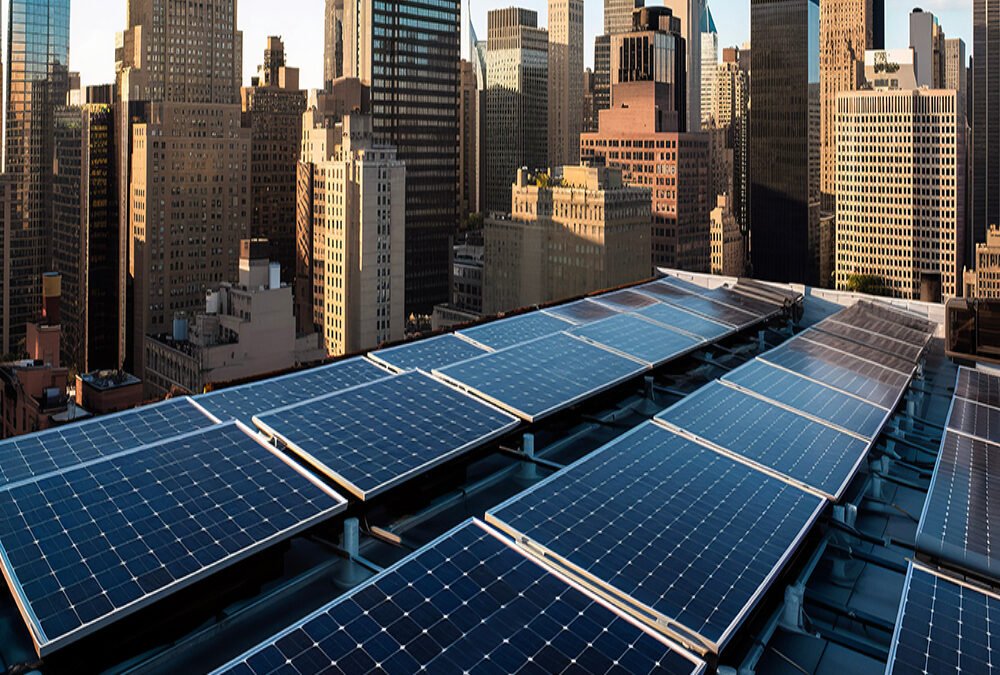New York City has implemented a series of zoning changes aimed at supporting energy efficiency and advancing its ambitious climate goals. These reforms are part of a broader strategy to modernize the city’s building and land-use regulations in a way that facilitates the development of greener, more sustainable buildings. The changes are designed to remove outdated barriers that previously limited the installation of energy-saving technologies and to encourage innovative designs that reduce the environmental impact of new and existing structures.
Key aspects of the new zoning amendments include greater allowances for energy-efficient retrofits, such as adding thicker insulation, installing solar panels, and upgrading HVAC systems without being penalized for exceeding previous building height or floor area limits. These updates make it easier for property owners to meet the requirements of New York City’s Local Law 97, which mandates steep reductions in carbon emissions from large buildings over the next decade. By aligning zoning rules with environmental priorities, the city aims to accelerate compliance and support property owners in achieving sustainability targets cost-effectively.
Additionally, the zoning changes promote the use of rooftop green spaces, enable the installation of more efficient energy infrastructure like battery storage systems, and allow for greater flexibility in building envelope design to enhance energy performance. City officials expect that these adjustments will not only help reduce greenhouse gas emissions but also stimulate investment in green construction technologies and energy-efficient building practices. By embedding energy efficiency into its zoning framework, New York City is reinforcing its leadership in urban sustainability and setting a precedent for other major cities around the world.

